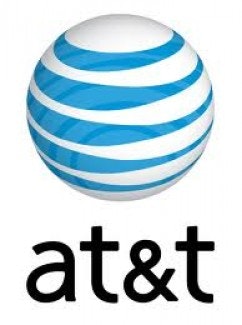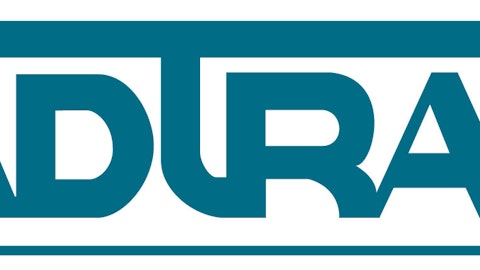AT&T Inc. (NYSE:T) tried to buy T-Mobile but got shot down by the U.S. government. International acquisitions have been the rumor lately, and that isn’t as far fetched as the corporate denials suggest.
Getting Bigger
The telecommunications industry is all about scale. The bigger you are the easier it is to compete and the larger your recurring revenue stream. The desire for scale, however, often bumps up against the concern about monopoly powers.
Right now, the two big players in the U.S. telecom space are AT&T Inc. (NYSE:T) and Verizon Communications Inc. (NYSE:VZ). Both have grown via acquisitions over the years. However, interestingly enough, both were formerly part of AT&T before the government broke the company up into smaller regional players because of antitrust concerns. While today’s AT&T Inc. (NYSE:T) is vastly different from the AT&T of old, the brand’s monopoly stigma is still strong.
Shot Down
AT&T was looking to leapfrog Verizon as the largest cell phone company in the United States by buying T-Mobile. The purchase would have brought both customers and spectrum to support increasing data use. However, the government took umbrage to the idea of AT&T resting atop the cell phone heap and AT&T eventually dropped the deal in late 2011.
That forced AT&T into gorilla mode in its search for spectrum, as it went on to make smaller spectrum deals. However, it also left it playing number two to Verizon. Although AT&T Inc. (NYSE:T)’s top line has been fairly solid, it is now fighting Verizon and smaller competitors that have bulked up, such as T-Mobile and its subsequent merger with MetroPCS.
Ma Bell has hunkered down and is working to regain some of the momentum it has lost of late, offering trade-in options and discounted plans for tablets. This should lead to stronger near-term subscriber numbers but will pressure margins, too. So it goes in the battle for market share in a mature market.
What it Really Needs
What AT&T Inc. (NYSE:T) really needs, however, is a good old acquisition to jolt it into growth mode again. There was a rumor that the company would team up with, of all companies, Verizon to buy Vodafone Group Plc (ADR) (NASDAQ:VOD). Verizon would have received the 45% of Verizon Wireless that it doesn’t own and AT&T would have gotten the rest of the company.
Overnight, AT&T would have become a global telecom powerhouse, with operations in around 30 countries, including mature markets like Spain, the United Kingdom, Germany, and Italy. However, the real diamond in the rough would have been gaining access to emerging markets like India and Africa. This deal would be huge, but rife with risk.
For example, the mature markets Vodafone serves are largely mired in recession. That would make an ownership transition even more difficult. The emerging markets, while offering huge growth prospects, are underdeveloped and a key focus for a lot of companies. Just getting in the door isn’t a guarantee that AT&T Inc. (NYSE:T) could make a go of it.






